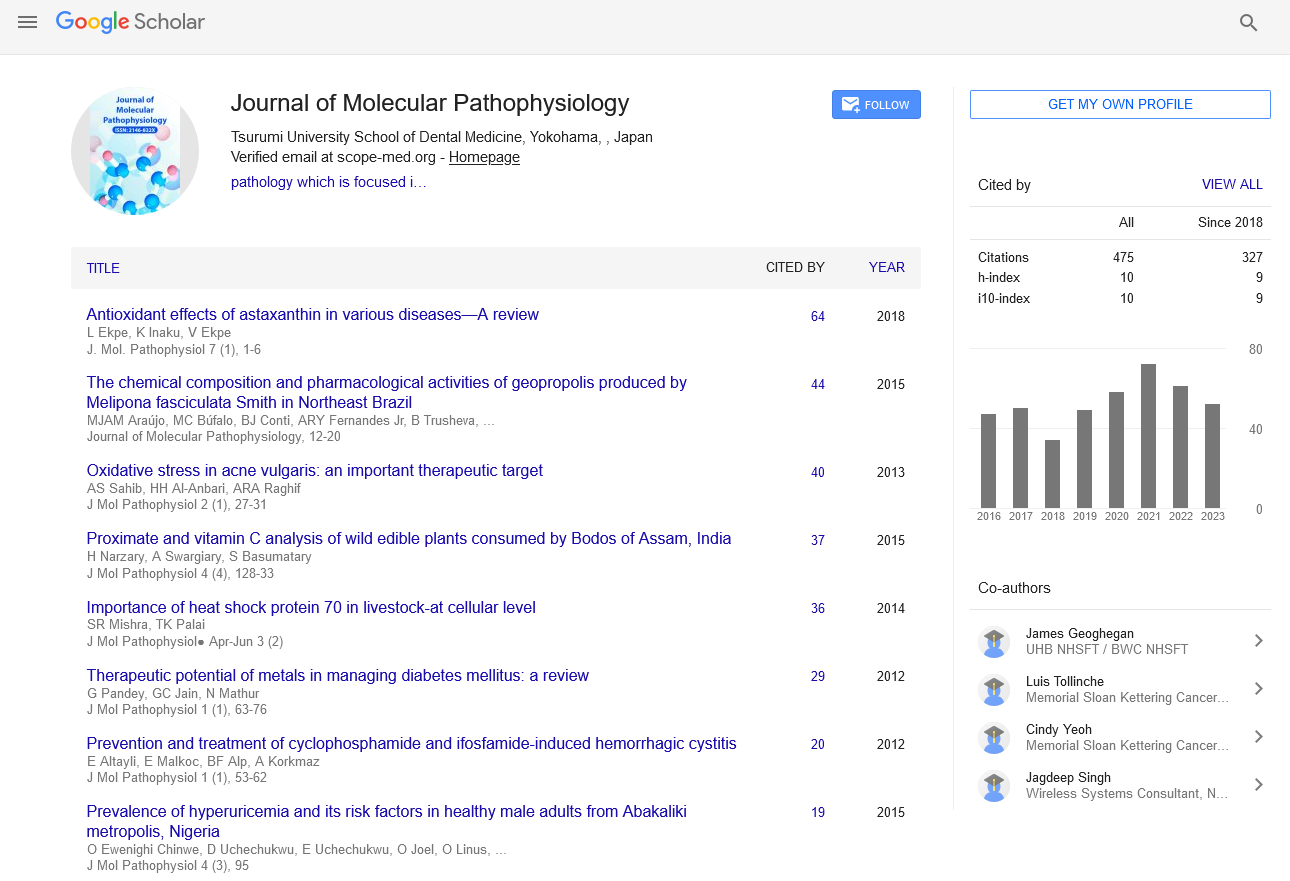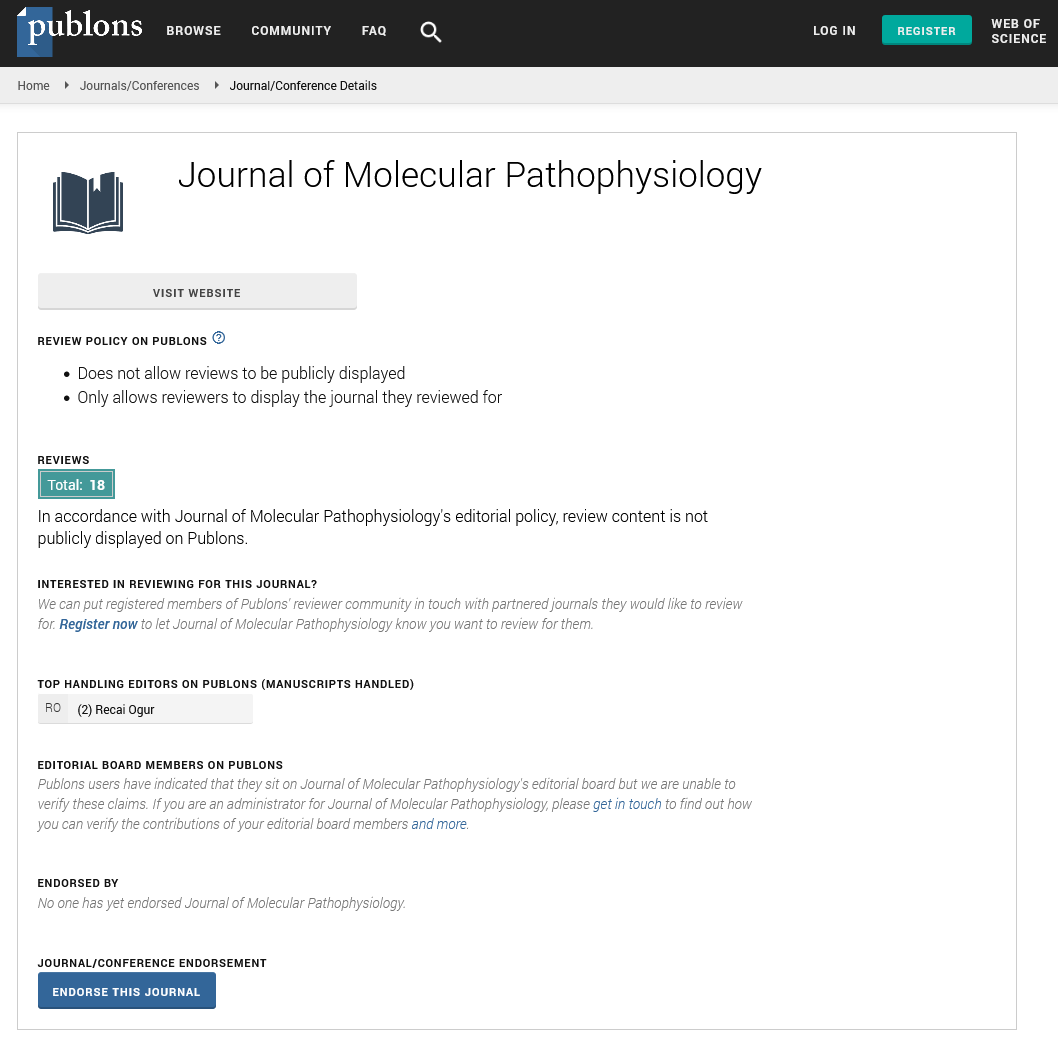Periodontitis as a risk factor for cardiovascular disease with its treatment modalities: a review
Abstract
Amit Bhardwaj, Shalu V. Bhardwaj
There is now a convincing body of evidence that mechanism of atherosclerosis has a major inflammatory component and it is much more than the simple accumulation of lipids on the vascular walls. Studies have shown that certain other mild bacterial infections consist a major risk factor for stroke in young and middle aged patients. Several possible mechanisms could explain the observed association between infection and infraction. The evidence supports the premise that periodontitis leads to systemic exposure to oral bacteria and that the resulting production of inflammatory mediators is capable of initiating or supporting mechanisms associated to development of atherosclerosis and coronary heart disease. As we become more familiar to the association between periodontitis and cardiovascular disease it is likely that in the future periodontal disease may be added to the list of the factors which are used to assess patients’ risk profile for coronary heart disease and stroke. Safe and effective periodontal treatment requires knowledge and understanding of diseases specifically those affecting the cardiovascular system in order to institute necessary modifications to periodontal therapy accordingly. Considering the high incidence of periodontal diseases in elderly individuals, the periodontist must be prepared to provide periodontal therapeutic support for an increasing number of cardiovascular patients. In this review, common cardiovascular disorders and associated periodontal issues will be discussed briefly
PDF






